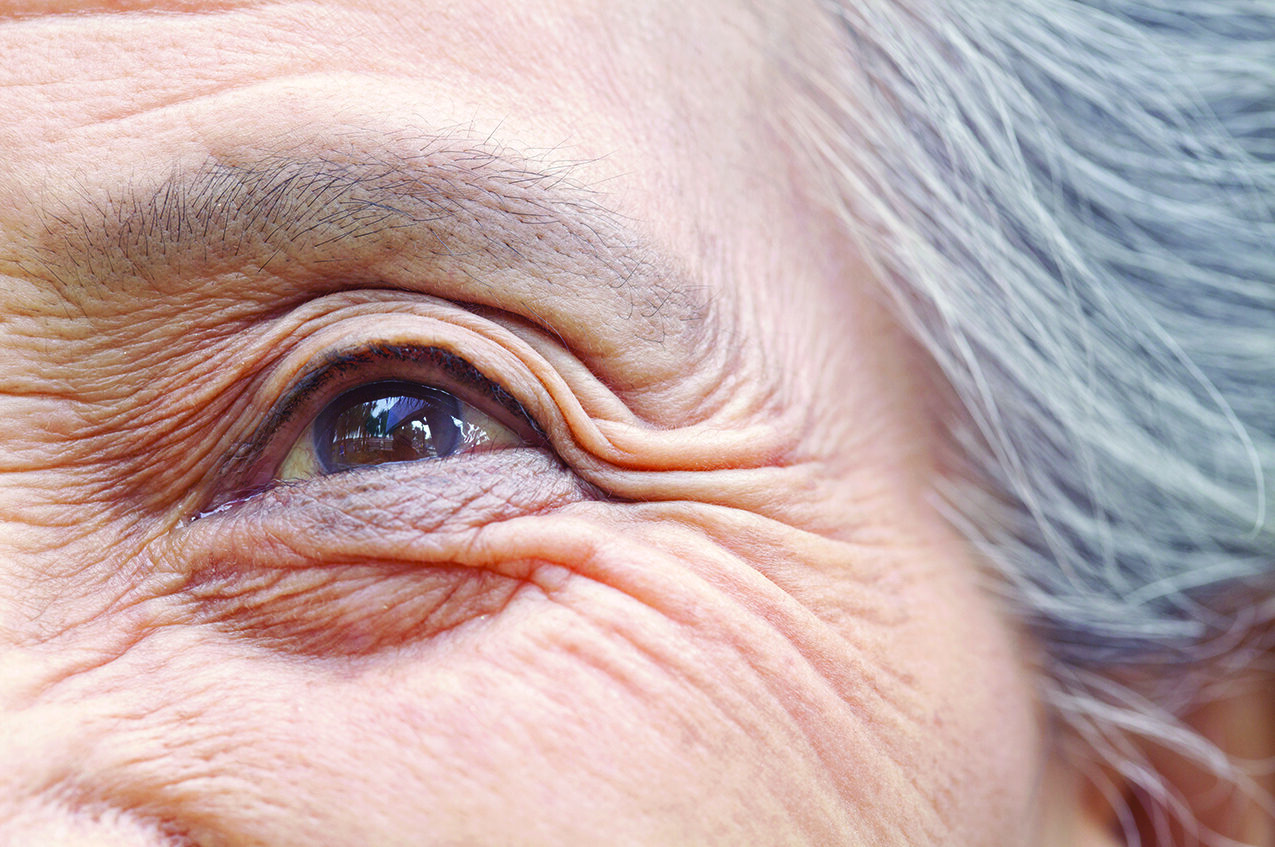What to Expect from Cataract Surgery: And Don’t Forget Routine Yearly Appointments!
By Annette Pinder
Cataracts cause the eye’s lens to become cloudy, and is the leading cause of reduced visual acuity in adults. Individuals with cataracts often experience blurry vision and increased glare from lights, making it difficult to carry out normal activities. Cataract surgery involves removing the cloudy lens of the eye and replacing it with an artificial clear lens called an intraocular lens (IOL).
“A cloudy natural lens cannot refract light rays effectively, so people feel like they are looking through a foggy or dusty car windshield. They see images that appear hazy, blurry, or less colorful, and often have difficulty seeing in bright sunlight or in dim areas with low contrast, especially at night,” explains Dr. Ephraim Atwal.
Cataract surgery, which has become routine, is the only effectively way to treat cataracts. Most people experience sharper vision unless they have an underlying condition. Cataract surgery methods vary based on the size of the incision and the technology used to remove the cataract. One of the latest advances in cataract surgery is Laser-Assisted Cataract Surgery (LACS), which uses a procedure that is quicker, more comfortable, and more precise. During the LACS procedure an IOL is inserted into the eye through a small incision.
Recent developments in IOL technology include IOLs that help both near and distance vision, reducing or eliminating the need for glasses after cataract surgery. Other IOLs now correct astigmatism. Your eye doctor will discuss which type of lens is best for you.
Things to expect prior to surgery:
- You will undergo some tests, including an ultrasound test to measure your eye length. This helps determine the power of the IOL that will become a permanent part of your eye.
- You will receive a prescription for medicated eye drops to reduce your risk of eye infection.
- You will need to stop taking certain medications that increase your risk of bleeding.
During and after the surgery:
- You will be awake, but your eye will be numbed, and you won’t be able to see what the surgeon is doing. Doctors typically provide a sedative to help with relaxation.
- Cataract surgery is an out-patient procedure, so you’ll be able to return home the same day. However, you will not be able to drive, so arrange for transportation.
- Recovery may include limiting activities for a few days. Any eye discomfort should disappear after a couple of days. Eye patches and protective sunglasses may also be recommended.
Cataract surgery can offer people a new lease on life by improving your visual clarity. The procedure is relatively easy. Learn more about cataract surgery at atwaleye.com/cataracts.
Remember, your eyes continually change throughout your life, so having a routine eye exam is extremely important. Atwal Eye Care professionals treat glaucoma, macular degeneration, kerataconus, diabetic retinopathy, dry eye, and more. Services also include Lasik, eyelid surgery, and neuro-ophthalmology. To make an appointment, call us at 716-896-8831. Learn more at atwaleye.com.












